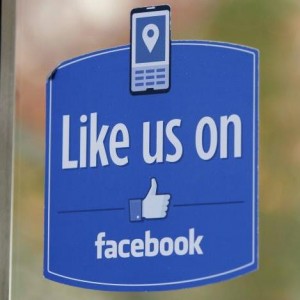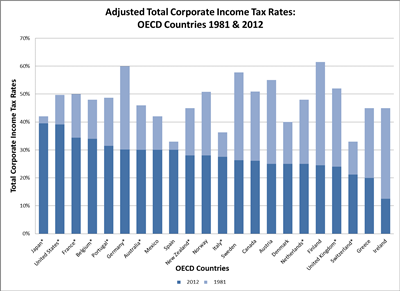Right now, we are the witnesses of a very significant shift in energy production and consumption, at least when it comes to electrical power. New renewable forms of generation are becoming economically competitive, and power storage starts to be more realistic. And in addition, the trend is towards decentralized generation and storage.
 Solar energy, and in a more limited manner wind energy, are now becoming economically competitive even without subsidies. It is a real breakthrough – again, silicon and its exponential efficiency gains surprises us!
Solar energy, and in a more limited manner wind energy, are now becoming economically competitive even without subsidies. It is a real breakthrough – again, silicon and its exponential efficiency gains surprises us!
In Singapore for example, a country with a long standing non-subsidy energy policy, solar is now taken seriously as a substantial complementary power production source and the government is setting up an adequate framework to support financing and lease solutions for solar panels (so that consumers only pay for the power consumed but do not have to bear the upfront investment).
Elon Musk at Tesla is now unveiling home storage modules, and promote coupling with solutions for electrical based mobility. This paper in ParisTech Review summarizes well the vision that unfolds before our eyes: ‘How Elon Musk plans to transform two industries (and the 21st Century)‘. Of course we need to be fully aware that Tesla’s inroads currently relies a lot on heavy subsidies by the California state government, but it is quite possible that it may represent a future that is closer than we imagine.











